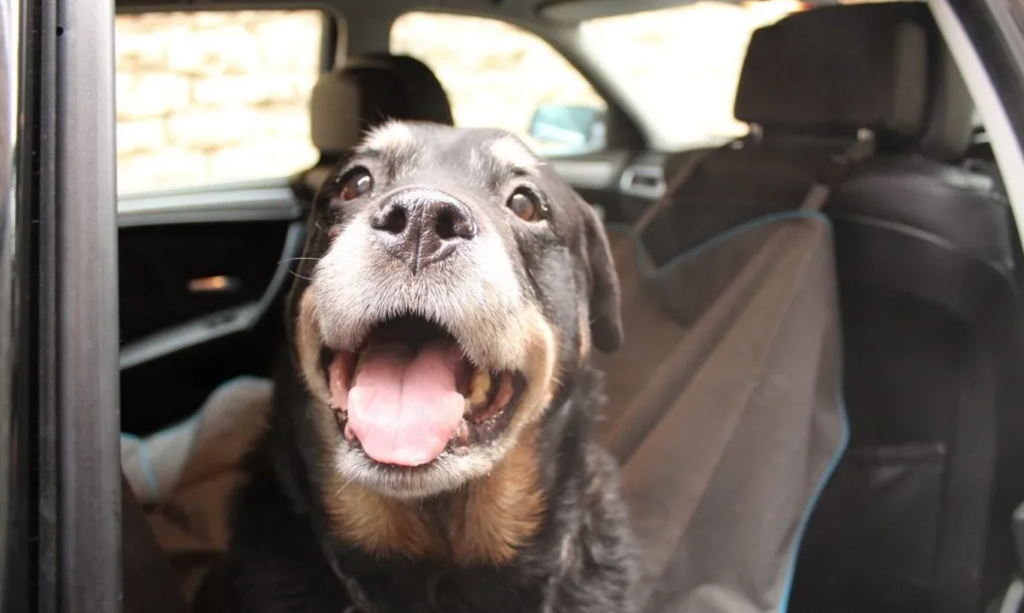As our dogs age, there are a few stages both they and their owners go through. No matter how much time we have with our furry friends, it never feels like enough. We always want more time, more love, more laughs.
Three years ago, I lost my Labrador at 15. While that’s a good age for a Labrador, I would have given anything to have her with me for just one more day, writes Kim O’Meara.
At the same time, Mia, our youngest dog, was entering her senior years as a Rottweiler. It was a shock, especially since we always saw her as the baby of the pack.

Mia aged quickly at first, partly due to health issues like cancer. But through this experience, I’ve learned a lot about older dogs. Here are four essential things older dog owners should know.
1. Exercise: Change Before You Have To
Mia was always an active dog, joining me on many 8-mile walks, which helped keep her lean and fit as she aged. However, when she turned 7 or 8, we adjusted her exercise regime to prevent overworking her joints and causing additional problems.
We focused on what she loved most and introduced new fun ways to engage her in short bursts of activity. Mia loves playing with a ball, so now we have 5-10 minute games with a tennis ball. This not only keeps her physically active but also mentally engaged. She has to hunt and retrieve the ball when it’s out of sight, and her mind is engaged as she tries to win it back from us.
2. Diet: Don’t Underestimate Its Importance
A dog’s diet is crucial, especially as their body starts to slow down. Their ability to process food changes, so it’s essential to find a senior dog food that works best for them. Keeping your dog lean and minimizing weight gain helps their organs and joints function better, reducing strain.
Consider mobility aids and supplements, and don’t hesitate to change them if needed. Over the last three years, Mia has moved from over-the-counter joint supplements to more advanced ones, and recently to prescribed medication, which has given her a new lease on life.
3. Health Check-ups: Look for Changes, Big or Small
One lesson I’ve learned is the importance of regular health check-ups. Spaying and neutering can benefit a dog’s health in later life. Trust your instincts—if you notice any changes in your dog, whether big or small, consult your vet.
Some conditions in older dogs can have subtle early signs, like diabetes. If something seems off, get it checked out promptly.
4. Age: It’s Just a Number
In the words of Shania Twain, “life’s about to get good.” Don’t let a dog’s age fool you, and don’t let it be a factor in whether or not to adopt an older dog.
Mia is almost 12 now and exhibits more puppy-like (and sometimes naughty) behavior than she did as a puppy. She’s the oldest in our pack and the naughtiest, and I wouldn’t have it any other way.
Embrace the golden years with your dog—they can be some of the most rewarding times together.